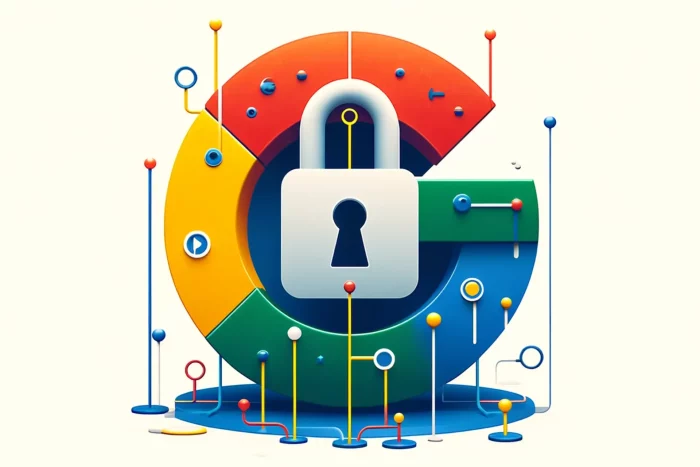Google’s VPN Under Fire for Changing DNS Without Consent
Google One VPN covertly alters Windows DNS settings on all adapters

Google’s VPN app, part of the Google One subscription is causing a stir among Windows users.
The core of the problem? This app seems to have a mind of its own, changing Windows DNS settings without asking.
Google VPN changes DNS on all network adapters
Google’s VPN, which initially launched for phones and later for desktops, should offer a secure way to browse the internet.
However, it insists on using Google’s DNS across all network adapters, regardless of whether the VPN is active or not.
While it may not sound like a big deal at first, it sparks suspicion among privacy-conscious users.
This practice seems to contradict the reputation of VPNs, widely recognized as tools for privacy and security in the digital space.
The app’s insistence on using Google’s DNS, even when the VPN is off, feels like a breach of trust for many users.
Many complained that this defeats the purpose of VPNs and are concerned about how Google is handling their data.
It’s like inviting someone to guard your house, only to find they’ve left all the windows open.
The fallout from this has been varied. For some, it disrupted access to local network resources or messed with encrypted DNS setups.
And let’s not even start with the challenges of logging into a captive portal on public Wi-Fi.
If you attempt to access a hotel’s WiFi, you will likely be unable to do so, all because of this DNS problem.
Changes seem impossible to revert
Here’s where it gets even more interesting.
Even after uninstalling Google’s VPN, the DNS settings seemed to have a life of their own, refusing to revert back.
Many users found themselves diving into the depths of registry changes or PowerShell scripts in a desperate attempt to restore order.
Google’s response to the uproar has been to highlight the privacy benefits of using their DNS.
They argue it’s a safeguard against malicious DNS servers. The intent seems commendable, but the execution feels flawed.
For those who value privacy and control of our devices, this situation serves as a reminder: Not all VPNs are created equal.
If privacy is your top priority, it’s time to explore alternatives that offer more flexibility and respect for user settings.
After all, our ability to control how our data is handled is super important. And sometimes, that means making tough choices about the services we use.
Read our disclosure page to find out how can you help VPNCentral sustain the editorial team Read more






User forum
0 messages